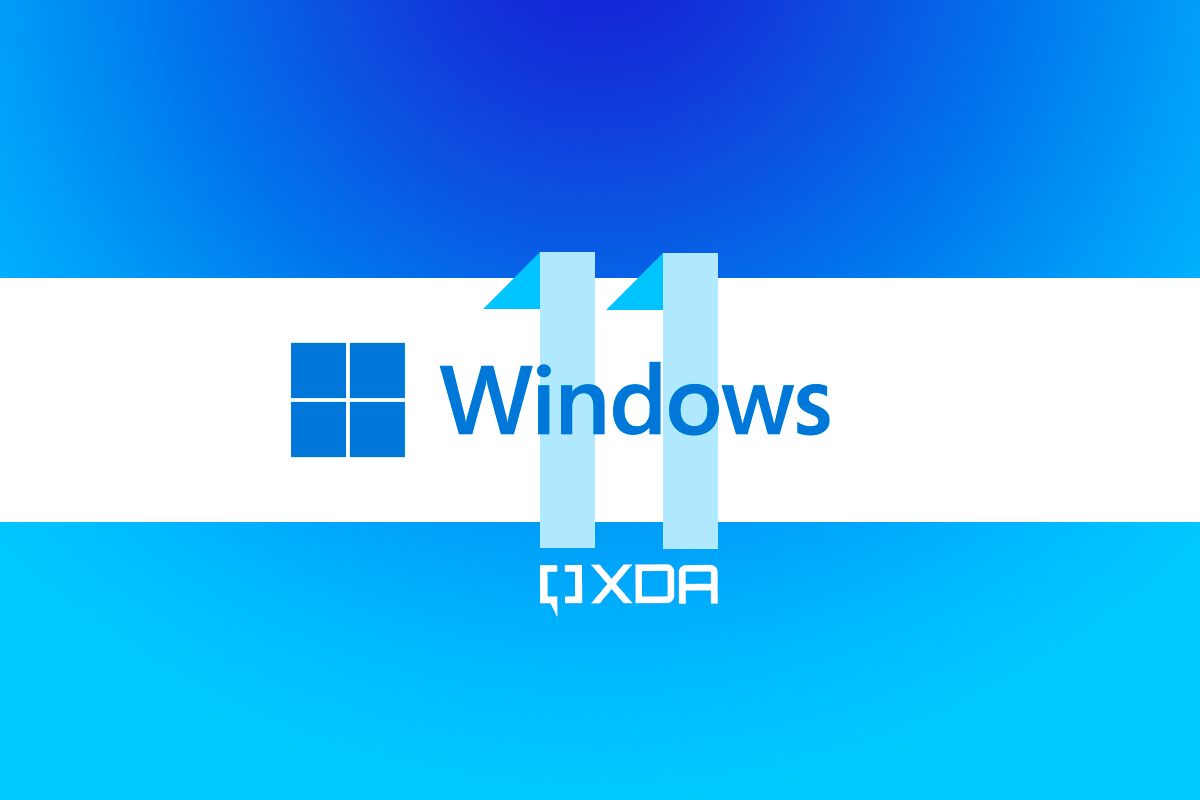When Microsoft announced Windows 11, one thing that people quickly discovered is that it significantly bumps up the minimum hardware requirements. Specifically, you need pretty new CPUs. The company eventually said that you'd be able to install Windows 11 on unsupported PCs by using an ISO; however, you won't get updates.
As it turns out, people that used this method are getting updates. This week was Patch Tuesday, and that's the day that all supported Microsoft products get updates. With the Windows 11 updates, unsupported devices found themselves on the same track as everyone else.
Despite the fact that Microsoft all but said that unsupported devices wouldn't get Windows 11 updates, this isn't entirely surprising. The Redmond firm has a support page dedicated to installing the new OS on devices that don't meet the minimum requirements. The key phrase that relates to this is the following:
"If you proceed with installing Windows 11, your PC will no longer be supported and won't be entitled to receive updates. Damages to your PC due to lack of compatibility aren't covered under the manufacturer warranty."
What this basically means is that Microsoft is washing its hands of your PC. It takes support seriously, which is why all of its products have end of life dates. If you install Windows 10 on a PC right now, you are guaranteed updates through October 2025. What this is saying is that if you don't meet the Windows 11 requirements, it's not guaranteeing anything. You may get updates for a time, you might not, or you might stop getting them entirely. Microsoft is saying it's not concerned, because your device isn't supported.
The reason that it's not particularly surprising that unsupported devices on Windows 11 are still getting updates is because there's really only one production channel. The requirements for what Windows 11 can technically support are dual-core 64-bit chips with 1GHz minimum clock speed. It will not run on a single-core or 32-bit processor. The rules for an Intel eighth-gen or AMD Zen 2 processor are more arbitrary, and if they're not built into the ISO, it's not super surprising that they're not built into the OS.
More importantly, you should not take today's news as it being safe to install Windows 11 on your unsupported hardware. Microsoft could shut down these updates when it feels like it. Maybe you won't get next year's feature update, and you'd be out of luck when the 24-month support period for version 21H2 ends. The future could not be more uncertain for unsupported devices on Windows 11, yet you're guaranteed another four years of updates if you stick with Windows 10.

